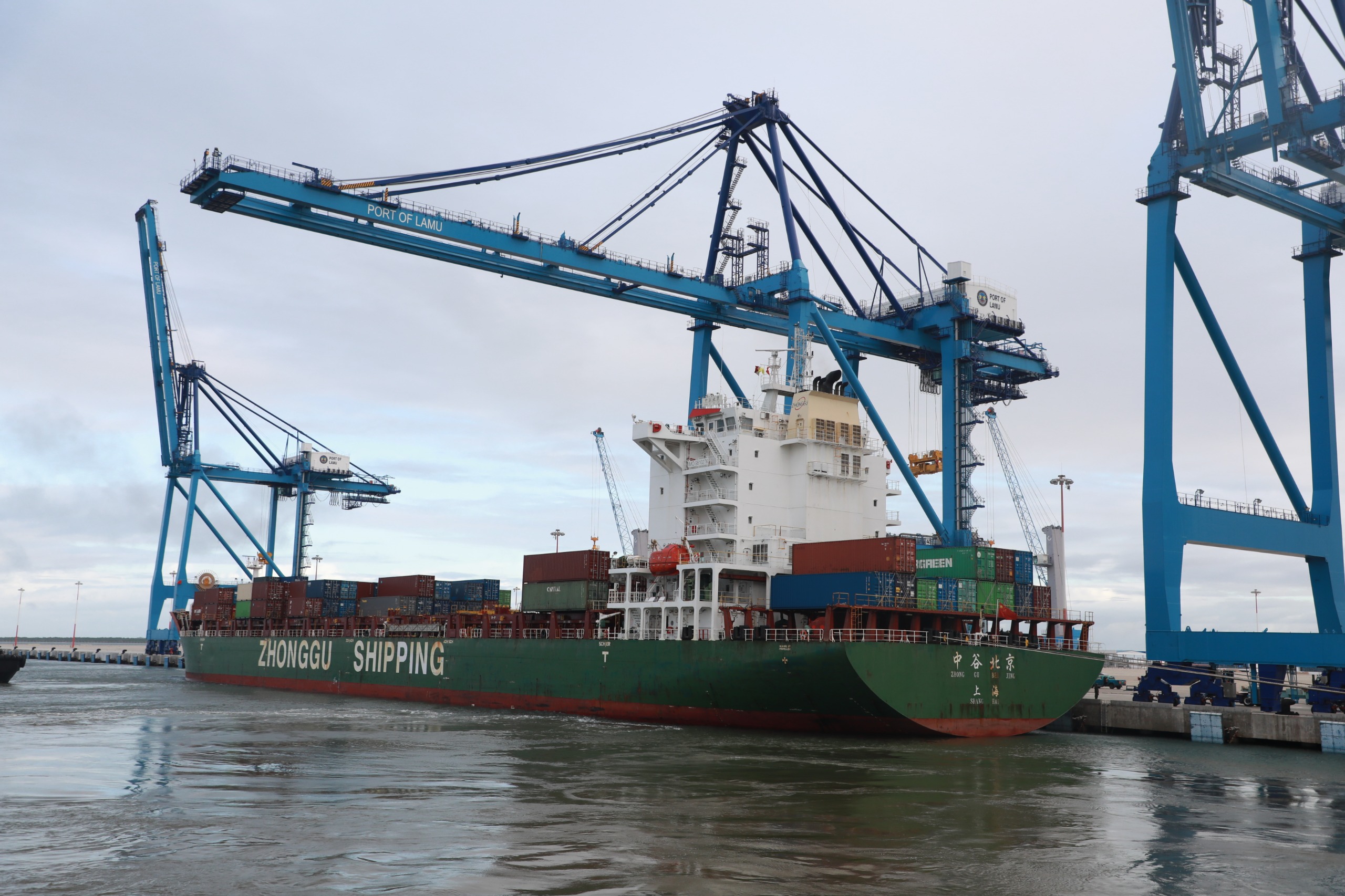

SHIPPERS now want implementation of the mandatory requirement for a Certificate of Origin for all goods imported into Kenya delayed for at least one year, to allow further consultations.
This, even as they warn that the new rule will negatively impact how Kenya trades with international markets, affect local traders with a potential dip on customs revenue.
They want both Kenya Revenue Authority (KRA) and National Treasury to grant a further grace period, including a consideration for amending the rules to evade potential negative impacts.
KRA has directed that effective July 1, all imports must have the said certificate issued by a competent authority in the exporting country.
Importers, customs clearing agents and the general public have since been put on notice with KRA giving a limited window until September 30, 2025 to allow importers time to secure the required documents while ensuring a smooth shift to full compliance.
This marks a radical shift from prior practice, where Certificate of Origin (CoOs) were required only for goods under preferential trade arrangements to determine origin and confer tariff benefits.
A CoO, from a competent authority (a government agency or officially designated body in the exporting country) shall be valid if it discloses name and address of the exporter, name and address of the importer, port of origin, accurate description of the goods, quantity of the goods, country of origin and country of destination.
Non-compliance will lead to seizure or forfeiture of goods to the Commissioner or an authorised officer, as provided in the amended Tax Procedures Act under the Finance Act, 2025.
“Importers are therefore advised to engage their suppliers early to ensure compliance with this requirement, ensure all future shipments are accompanied by a valid COO issued by a competent authority in the exporting country,” Commissioner for Customs and Border Control, Lilian Nyawanda, said in the notice.
The Shippers Council of Eastern Africa (SCEA), in a letter to Treasury and KRA seen by the Star, have however called for more time to allow consultations, even as they poke holes on the new directive which they further say lacked public participation.
“While the intent on which this new requirement remains unknown partly because there was no notice and public participation, especially on this particular item, contrary to Section 4 of the Fair Administrative Action Act of 2015, the potential impact of this remains huge and could alter how Kenya engages in international trade, lead to delays in securing raw materials and high imports costs, lead to delays in cargo clearance and possible revenue loss,” SCEA chief executive, Agayo Ogambi, notes in the letter.
According to SCEA, the impressive Sh879 billion customs revenue generated last year remains threatened if the Act's provision on CoO is not rescinded immediately.
“It may be too early, but to-date it is not clear who the designated competent authorities to issue the Ordinary Certificate of Origin are, and what arrangements have been made between them and KRA to ensure legitimacy in the issuance and validation of the authenticity of the issued certificates,” Ogambi said.
The move, shippers have also argued, will see Kenyans pay foreign firms billions for COO services.
Small traders will also be hard hit as majority procure goods from shippers who consolidate cargo from multiple countries of origin. For example, a shipper based in Singapore may source products from various countries such as China, Hong Kong, Indonesia, UAE and Malaysia, and then consolidate the cargo into a single shipment destined for Kenya.
In these cases, the actual origin of the goods is from multiple other countries. The supplier then sells and ships the goods to a single customer or importer in Kenya.
“This begs the question, from which country shall the certificate of origin be sourced? It is important to note that most countries act as supply hubs rather than actual production centres, creating complexity in meeting such strict origin requirements,” said Ogambi.
Legally, the East African Community Customs Management Act (EACCMA), 2004 is the principal legislation governing import operations.
The current requirement for a Certificate of Origin (COO) hence presents conflicts with EACCMA provisions (a) under EACCMA Section 210, a CoC is mandatory only for the purpose of conferring origin in relation to preferential treatment, and (b) The Finance Act 2025 introduces penalties for not having a CoO, including forfeiture, yet the EACCMA does not provide for forfeiture solely due to the absence of a CoO.
“If the intention of the CoO is to address misdeclaration, it is important to note that requiring a certificate or origin may address the misdeclarations and since we are part of the East Africa Common Market with Common External Tariff, the best possibly intervention would be through administrative mechanism, risk profiling and identification of suspected products,” said Ogambi.
Other mechanisms would include the utilization of the Pre-Export Verification of Conformity (PVOC) programme, destination inspection, or the Import Declaration Form (IDF) to detect and prevent misdeclarations, including KRA’s enhanced automation systems.
Car dealers have also sought an exemption arguing that there is enough information on vehicles being imported.
The Car Importers Association of Kenya , which brings together vehicle importers and dealers said all used units imported into the country already have logbooks, export and inspection certificates containing all details KRA requires for identifying the country of origin.












